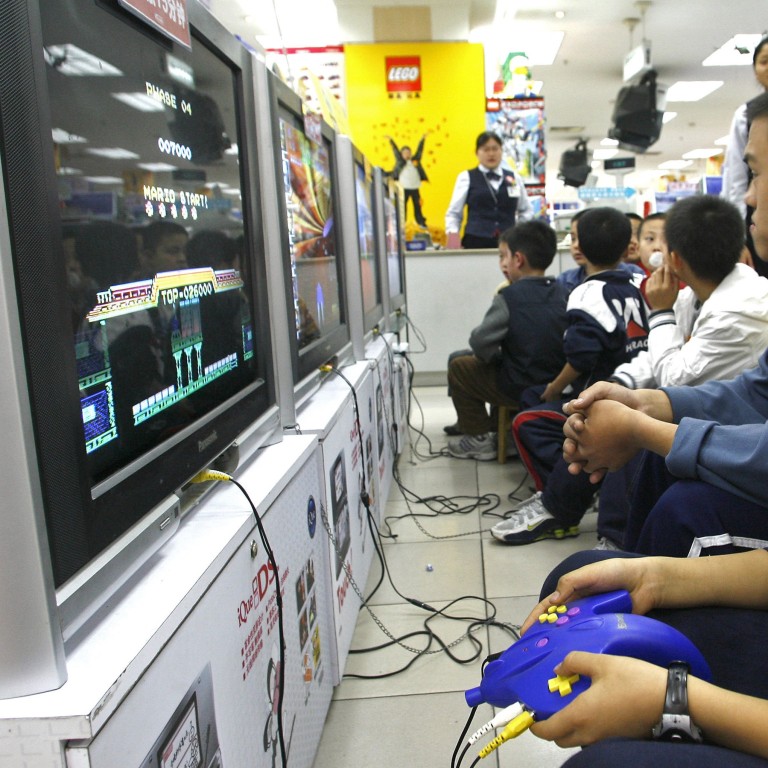
China’s gaming freeze in 2018 hits small-time developers hard
- Regulatory freeze on new games compounded difficulties at Xiamen-based Feiyu, which saw revenue drop 37 per cent
Last year was a lean year for China’s gaming industry because of a freeze on approvals of new titles. The impact was especially pronounced for smaller developers like Feiyu Technology.
The Hong Kong-listed games developer saw its revenue plunge 37 per cent to 83.3 million yuan (US$12.4 million) last year, the lowest level since its initial public offering four years ago, according to its filing to the stock exchange. The company made a net loss of 107.5 million yuan.
China’s top content regulator suspended licensing new games for nine months last year, until the process restarted at the end of December. The regulatory hiatus came as Beijing tightened its controls over video games to combat youth addiction.
As a result, China’s gaming market, the world’s largest, recorded its slowest revenue growth last year in at least a decade, according to data from Beijing-based researcher CNG.
Feiyu, based in the southern Chinese city of Xiamen, is best known for its popular tower defence game series Carrot Fantasy, first launched in 2012 for mobile. The company went public in Hong Kong in 2014 after the merger of two smaller games studios with the same investor. At its peak, Feiyu had 5 million monthly active users in total by the end of 2014, tenfold the number of last year.
In recent years, Feiyu was on a loss-making streak as it struggled to maintain the popularity of its new web and mobile games after Carrot Fantasy’s success.
China’s game licensing freeze did not help, forcing Feiyu to delay the launch of its key titles. The company cited the freeze as a major reason for the revenue decline in 2018.
“I believe the worst is behind us,” Yao Jianjun, founder and CEO of Feiyu, said in a statement.
The company’s shares have declined 9.2 per cent this year in Hong Kong trading, compared with the 14 per cent gain in the benchmark Hang Seng Index.
Publishers in China are required to submit games for review to authorities before they can be sold in the domestic market. Last month, regulators in Beijing were said to have called a halt on new game approval submissions, as it struggles to clear a backlog of an estimated 7,000 to 8,000 titles created by last year’s hiatus.
China’s biggest gaming company Tencent, for example, has received licenses for eight games since the approval process was resumed last year. But the company is still on the waiting list to cash in global blockbuster titles like PlayerUnknown Battlegrounds and Fortnite from Chinese gamers. Tencent said it will step up investments in cloud computing for industries amid headwinds for its gaming business.
Many games developers in China have ramped up efforts to publish their new titles overseas, while some independent labels have sought to reach the domestic audience via US personal computer games distribution platform Steam, which has an estimated 30 million users in China.

